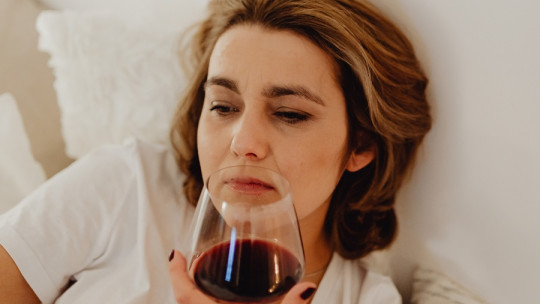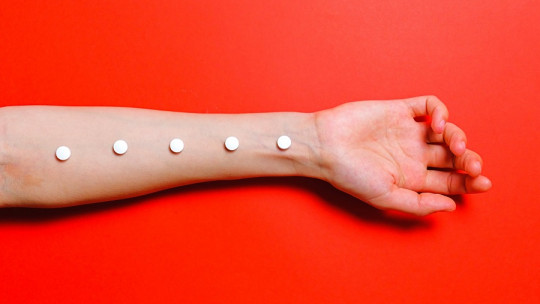If substance addictions are such severe alterations, it is, among other things, because this type of pathology very frequently gives rise to other health problems.
So much so that a term has been coined to refer to the clinical picture of those who have developed a drug addiction and also have a mental disorder. It is about pathology, a concept of which we will talk in this article
What is dual pathology?
As we have anticipated, dual pathology is a combination of health problems: on the one hand, an addiction to one or more substances, and on the other, a psychological disorder
In cases like this, both types of pathologies damage the quality of life of the person in parallel, although not completely independently, since they reinforce each other by deteriorating the mental and physical state of the subject, which favors the continued reproduction of patterns. behaviors that make your problem worse. In addition, those who have a worse state of physical health are also more prone to anxiety disorders and psychopathologies such as depression, due to how problematic it is to manage the negative emotions that this physical discomfort produces.
Now, as can be seen, Many different types of disorders fit within the concept of dual pathology Furthermore, it must be taken into account that there is no clear scientific consensus about the definition of the term, so sometimes it is used including all the psychological disorders that exist, but at the same time it is used especially when the psychological alteration is severe. , as occurs with schizophrenia, major depression, etc. However, beyond the theory and official definitions used in diagnostic manuals, in practice it is a useful concept to help people who suffer from this type of pathology.
How does it affect people?
These are the main ways in which dual pathology harms the person’s state of health and quality of life.
1. Use of drugs to try to relieve discomfort
Many people with dual pathology are caught in a loop : They try to overcome their discomfort through the moments of temporary relief that the consumption of addictive substances produces.
2. Facilitates social exclusion
The accumulation of physical and behavioral complications lays the foundation for the person to become socially isolated, either due to the inability to adapt to this new situation while maintaining family or friendship ties, or due to the reaction of rejection from others. This, on the other hand, also goes hand in hand with economic problems, which can lead to losing the social support network that was available.
3. It can truncate careers
Even those who had a good standard of living before developing these disorders begin to have many problems to perform at work On the other hand, dual pathology occurs above all in middle and middle-low cases, in these situations it is even more difficult to escape job insecurity.
4. Emotional instability
Emotional imbalances are caused by the hours that have passed since the last consumption, and by the intensity with which the symptoms of the psychological disorder are expressed at that moment.
5. Problems organizing the day
The fact that discomfort from the addiction or disorder can arise in relatively unforeseen ways (and with great intensity) causes people with dual pathology to face difficult situations without seeing them coming which makes it difficult to organize the tasks of the day or week without help.
6. Possible risk of death
We must not forget that the abuse of many drugs leads to a risk of death from overdose Additionally, an altered state of consciousness can put people in very dangerous situations.
Are you looking for addiction treatment and psychotherapy?
In the face of dual pathology, it is very important to have therapeutic assistance and begin a medical and psychological treatment process as soon as possible. Therefore, when faced with these types of health problems, we invite you to contact us.
In CITA Clinics We have both a multidisciplinary team of health professionals and fully equipped facilities. We offer both psychotherapy and psychiatric care sessions and outpatient services as well as the possibility of entering our residential module, surrounded by nature and full of activities and leisure options, where continuous support and supervision is available from doctors, nursing, trainers and psychotherapists.









